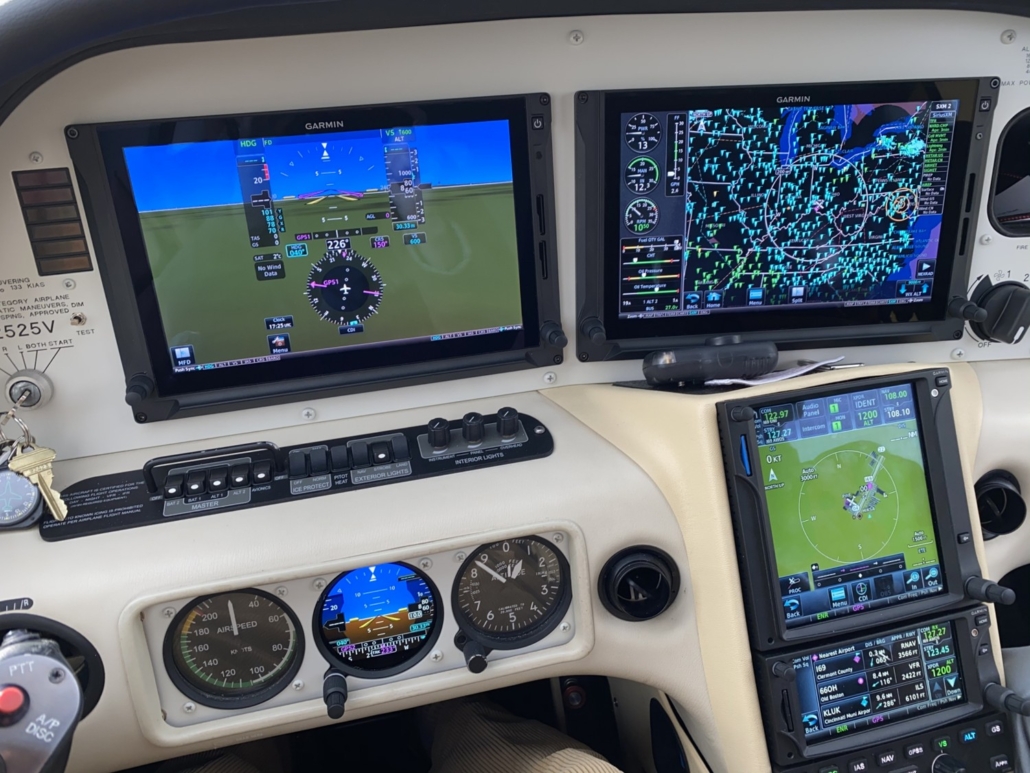Ask an IFR Expert: LPV vs. ILS—Which Should You Fly in Low Weather?
|
Getting your Trinity Audio player ready...
|
This is a question that comes up a lot, and it’s a perfect example of how IFR technology gives us more options—but also more decisions to make. Let’s break it down.
LPV vs. ILS—The Basics
An ILS is the classic precision approach, with a localizer for lateral guidance and a glideslope for vertical guidance. It’s reliable, predictable, and widely used around the world.
An LPV (Localizer Performance with Vertical guidance) is a GPS-based approach using WAAS. It gives you precision-like vertical guidance and often lower minimums than older non-WAAS GPS approaches. LPVs can even match or beat ILS minimums in some cases.

Pilot Perspective
-
Weather Minimums: Always check the published minima. If the LPV offers a lower minimum or better runway alignment than the ILS, it might be the safer option in low weather—but only if you and your aircraft are equipped and comfortable flying it.
-
Familiarity: In high workload situations, some pilots find the ILS easier to fly simply because it’s familiar and predictable.
-
Missed Approaches: LPV missed approaches can be more flexible, but always review the procedure. ILS missed approaches are well-established and widely flown.
ATC Perspective
From ATC’s point of view, LPV and ILS are largely interchangeable. However, they might favor an ILS in busy airspace because the procedure is predictable and familiar, helping with sequencing. In tricky, unfamiliar or challenging terrain, LPVs can sometimes offer safer vertical guidance.
What to Choose
Both LPV and ILS are highly capable precision approaches. Your choice should be guided by your equipment, training, familiarity, and current weather. LPV isn’t automatically “better” than an ILS—it’s another tool in your IFR toolbox. Always check your charts (and notes), know your aircraft, and communicate with ATC if you have a preference.
- Upcoming Webinar: Instrument Approach Decision-Making—IFR Mastery Live - February 18, 2026
- Ask an IFR Expert: What actually counts towards IFR currency? - January 27, 2026
- A New Year, a Sharper Focus: Practical Strategies for Maintaining Instrument Proficiency - January 6, 2026



Leave a Reply
Want to join the discussion?Feel free to contribute!